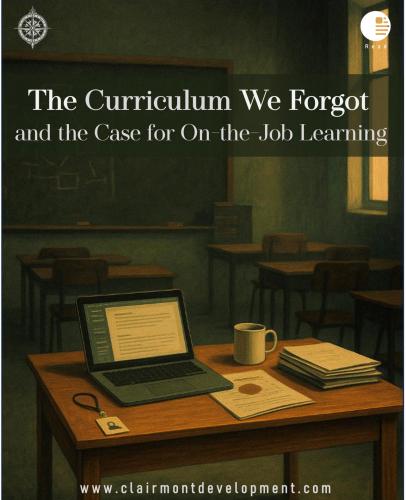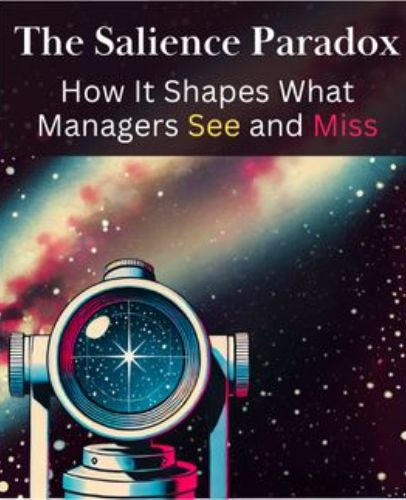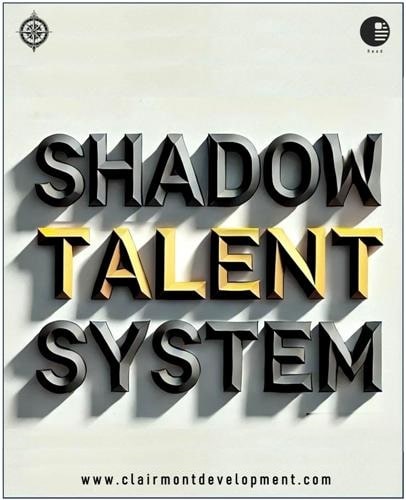Personal Mastery: What is your vision of your future portfolio of skills?
Development is often an individual pursuit. However, most of the development opportunities individuals have, been tied to an organization’s objective. How do we look for opportunities to develop and find ways to apply that to our organizations?
In many learning efforts of organizations, the conversation is often focused on the organization. A step-by-step guide is created to detail the way forward and how employees are to accumulate skills. Following that, the organization tries to “sell” the development opportunities to the staff. They list out the rational and methods for employees to develop themselves. While there may be some strategic rationale for doing this, I want to talk a bit about the individual perspective.
I first came across the concept “Personal Mastery” when reading The Fifth Discipline by Peter Senge. It is listed as one of the “disciplines” of a learning organization. The book explains, “Personal mastery is a discipline of continually clarifying and deepening our personal vision, of focusing our energies, of developing patience, and of seeing reality objectively.”
Personal mastery requires the individual to do three main objectives. First it allows an individual to identify a goal based on personal values. It then asks the individual to manage the creative tension that is produced by the gap of the future state and the current reality. Finally, it seeks to reduce the structural conflict. These are all the things that stand in the way of achieving the vision.
There have been numerous studies that show how the pursuit of personal mastery can have a beneficial impact to learning organizations. This creates a balancing act between the goals of the individual and that of the goals of the organization. Research has shown as an individual focus on personal mastery the organization they work for is introduced to new ideas and capabilities they can now leverage.
In a recent study looking at what are the antecedents (a thing that proceeds another) of personal mastery. They discovered the most critical element is the individual’s ability to develop a vision. Senge points out that one of the difficulties is the confusion between goals and visions. Personal visions are built on a series of goals. It should also be supportive of the employer’s mission.
In a recent study looking at what are the antecedents (a thing that proceeds another) of personal mastery. They discovered the most critical element is the individual’s ability to develop a vision. Senge points out that one of the difficulties is the confusion between goals and visions. Personal visions are built on a series of goals. It should also be supportive of the employer’s mission.
This is a challenge as many times an organization will direct what they believe to be the most important or critical “vision” for development for their staff. The trick is then how to make it your own and use the resources that are available to you either from your organization or outside. One way to do this is to see what the end goal is and work back from there. During this phase of discovery, is important not to look at the attainment of individual skills rather what is the organization trying to accomplish. From there, you can craft a vision on how you will be able to support the organization based on new skills you want to develop based on your vision. I think it is important at this stage to share with a manager so they are aware and can support you.
In some cases, this process may lead you to reevaluate if your vision for personal mastery is in line with your current organization. Studies have shown that the ability to continuously develop yourself based on your vision will lead to a more enjoyable and rewarding career.
To share how this showed up in my own life, I had to look at what are the skills that I wanted to further develop myself. I recently spent time back on the campus of University of Pennsylvania, as I am embarking on the next phase of my doctoral journey. During the early parts of the program, we learned from the knowledge and experience of instructors. There were plenty of exercises and learnings based on countless hours of research and studying specific topics and areas. As I now am fully emersed in the dissertation process, I relate more with the concept of Personal Mastery. This is where the “training wheels” of learning come off and you are on your own. The topic of my research is the development of local talent in the GCC. This was selected as it is part of my vision. Based on the skills that I have developed; I am fortunate to look for opportunities to help individuals and organizations.
Development is something that is owned by you. The skills you possess are your own. This is often said, but hard to do when you are active into a particular role. Consider what your current portfolio of skills are and what you want it to look like in the future. With that vision, you will be in a great position to contribute to your current (and future) organizations. The relevancy may not be immediately apparent, but that is part of the adventure!






